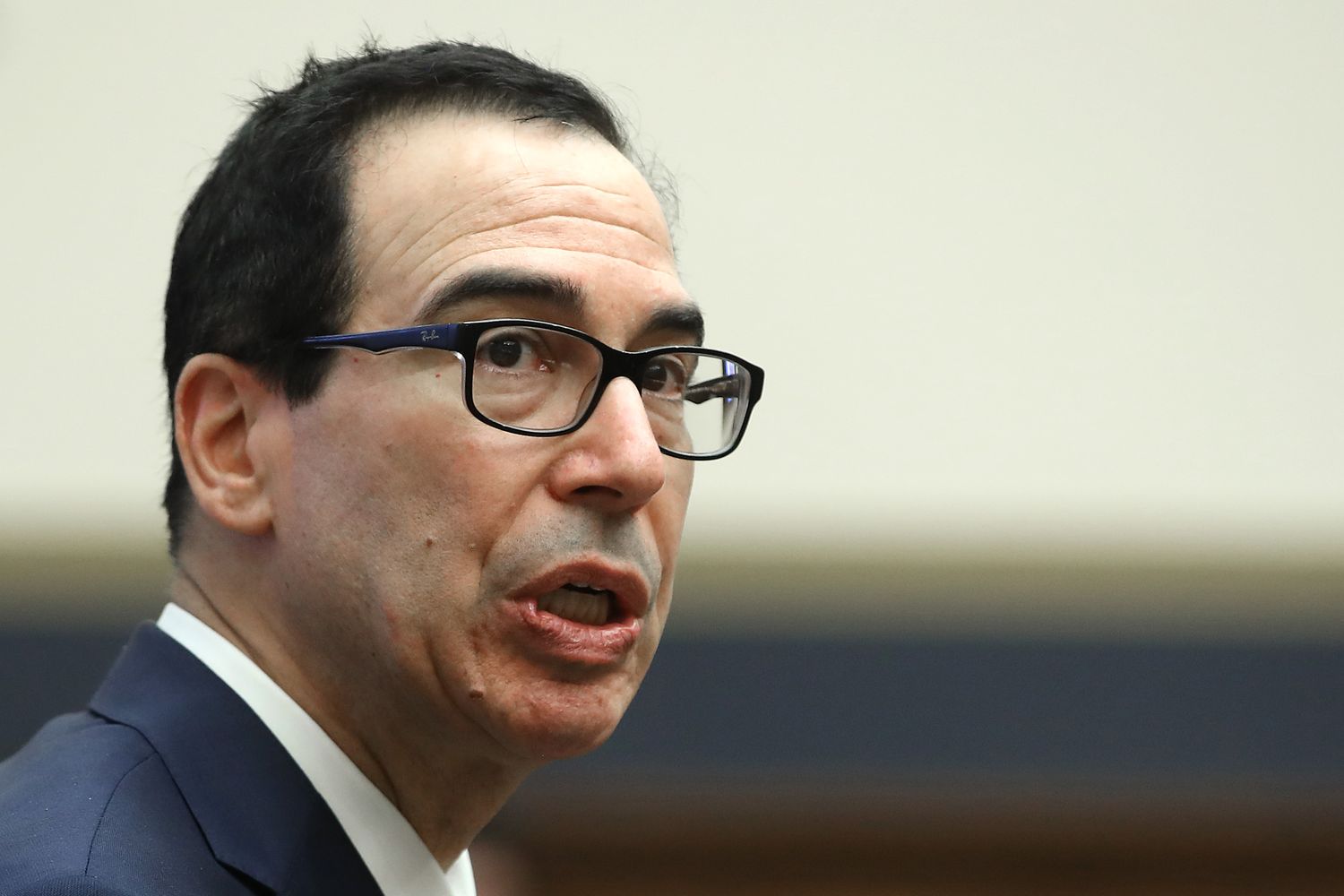
Senators of both parties peppered Mnuchin and Powell with questions about how they planned to maximize the reach of all of the business aid programs amid concerns that the smallest employers and even some larger companies might fall through the cracks.
Sen. Thom Tillis (R-N.C.), who is up for reelection this year, said he had a growing sense “that we have a bit of a doughnut hole” in which some businesses are too big for small business loans but not big enough to qualify for the Main Street lending.
Mnuchin said the intention was to make sure businesses “don’t fall out in between.”
He said “it is our objective to try to cover as many of those companies as possible“ through the various lending facilities — the Paycheck Protection Program for small businesses, the Small Business Administration’s Economic Injury Disaster Loan program and the Fed’s Main Street effort.
But even as senators pressed Mnuchin and Powell to take even more expansive efforts to bail out businesses, the two also faced demands to be more judicious about who receives aid and impose stiffer restrictions on big companies that get relief.
Sens. Sherrod Brown (D-Ohio) and Elizabeth Warren (D-Mass.) said the Fed and Treasury were not doing enough to ensure that the money actually benefits workers.
Businesses that take advantage of the Fed’s Main Street program will face restrictions on stock buybacks, dividend payments and executive compensation. They also have to make “reasonable efforts” to retain employees.
However, they won’t face a lengthier set of restrictions suggested by the coronavirus relief law, the record $2 trillion legislation passed by Congress in March, including provisions that would prevent companies from offshoring jobs or hindering unionization efforts while receiving government help.
Meanwhile, large corporations that have their debt bought by the Fed have to have the majority of their employees in the U.S. and must comply with conflict-of-interest provisions that don’t allow lawmakers or their relatives to benefit. They don’t face restrictions on buying back their own stock or paying dividends.
Warren pressed Mnuchin to require larger companies to maintain their payrolls if they receive taxpayer funds. Mnuchin said his No. 1 objective was keeping people employed but he didn’t give Warren the “yes” she was demanding.
The Massachusetts Democrat urged Mnuchin to require executives to be held personally liable and be subject to criminal penalties if they provide false information or misuse bailout funds.
Mnuchin said he would review the idea but Warren took his response as a “no.” She accused the former banker of “boosting [his] Wall Street buddies” and “leaving the American people behind.”
Mnuchin shot back that lawmakers had already weighed in on the potential strings attached to the aid when they created the bailout programs.
“Sen. Warren, I think that’s a very unfair characterization,” Mnuchin said. “These issues were discussed with both Republicans and Democrats at the time. You were not necessarily part of those discussions, but these were completely discussed.”
Source: politico.com
See more here: news365.stream






